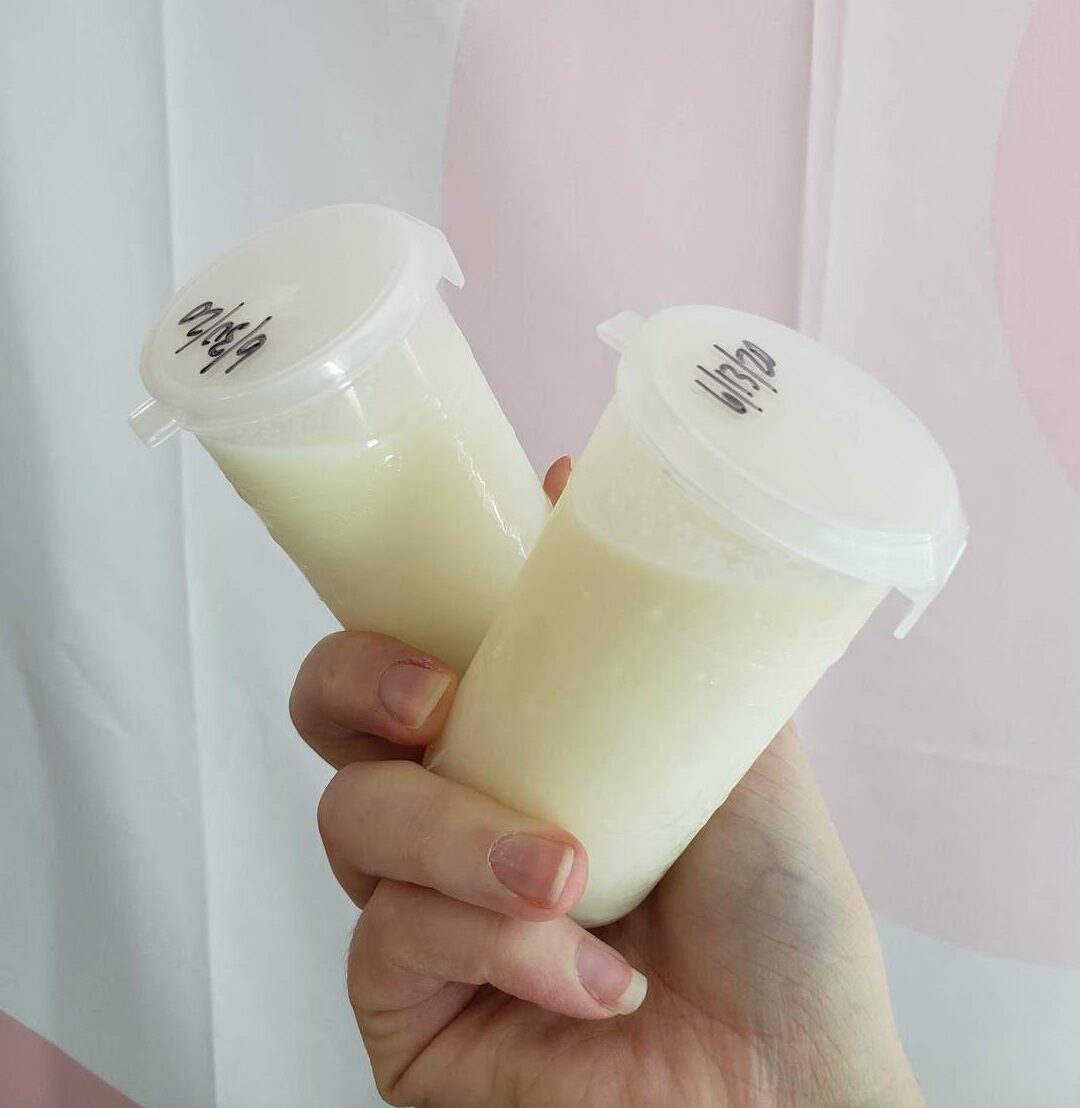Being prepared can help you breastfeed your baby successfully
Breastfeeding may be the most natural thing in the world, but it doesn’t come naturally for some. One of the best ways to prepare to breastfeed is learning as much as you can about it!

How do I prepare for breastfeeding my baby?
Despite many old wives’ tales, you don’t have to “toughen up” your nipples with a rough washcloth – OUCH! The best way to prepare for baby is to learn what to expect.
Take a prenatal breastfeeding class, find local breastfeeding support groups, attend a lactation support group meeting, and get the contact info of some great lactation consultants in your area. It can also be helpful to reach out to your insurance company ahead of time and find out what they cover for lactation support.
Should breastfeeding hurt?
This question will get you many different answers, depending on the experience of who you speak with. The short answer is no, breastfeeding a newborn should not hurt. That being said, it’s possible that there will be an adjustment period where your breasts and nipples feel tender or sensitive. This is very common for new mothers. Many new mamas report feeling a little bit uncomfortable for the first few seconds after initial latch, but that fades very quickly. However, you do not want to be in toe-curling pain during the entire feed, and cracks or scabs are signs that you may need some assistance. Being around other breastfeeding mothers is an excellent way for a new mom to pick up tips and tricks. La Leche League is a fantastic place to find free local breastfeeding support groups around the USA!
How do I know my baby is getting enough milk?
The best way to gauge baby’s input is through their output, especially in the early days of breastfeeding. A newborn should have one wet and one poopy diaper per day of life – 3 wet diapers and 3 poopy diapers on day 3, 4 wet diapers and 4 poopy diapers on day 4, and so on. This maxes out at about a week, where a baby will have 6-7 wet diapers and 4-5 poopy diapers in a 24-hour period. You will likely be visiting with your pediatrician a few times during the first few weeks of life. If there are any concerns about intake or weight loss, contact a lactation consultant or other breastfeeding support person to assess a feed.
When should I introduce a bottle to my baby?
For a healthy baby for whom breastfeeding is going well, the best time to introduce a bottle is between four and six weeks. By that point, breastfeeding should be well established and it would be a great time to have your partner offer baby a bottle of your expressed breast milk. Look for bottles that have a wide base and wide nipples – similar to what your breast looks like. As the lactating parent, it can be difficult to get baby to take a bottle from you; this is a great time to get your partner or family involved with feeding while you leave the house for a break. Occasionally, parents are instructed to offer a bottle of expressed milk, donor milk, or formula to a baby who may need it due to slow weight gain, separation from mom, or a medical reason. If this is the case, a bottle should be offered in accordance with healthcare provider instructions.
When do I call a lactation consultant?
There are a number of reasons to contact a lactation consultant: concerns about baby’s intake, weight loss or gain, questions on milk supply, sore or cracked nipples, preparing to go back to work, distracted feeding, you get the idea. Many women also seek support from a LC to make sure that breastfeeding is going well. Since the Affordable Care Act went into effect, most insurance companies have to cover breastfeeding support, including a new breast pump with each pregnancy. Be sure to reach out to your insurance company before baby is born to see what is covered. If your lactation consultant is not in-network with your provider, she may be able to provide you with a super bill to submit for reimbursement. Also check to see if you qualify for WIC, which provides free lactation support to qualifying mamas.
What can I expect at a lactation consultant visit?
An initial lactation visit can take a while, sometimes up to 120 minutes. During that time, you can expect:
• A full evaluation of parent and baby’s medical history
• Assistance with latch
• Proper positioning techniques
• Weighed feeding (pre/post feed weights)
• Oral assessment of baby
• Evaluation of milk transfer
In addition, your lactation consultant should address your primary concerns and challenges with evidence-based information, and provide you with a customized care plan to help you reach your feeding goal.
At Mothers’ Milk Bank Austin, we believe that it’s okay to need help with breastfeeding, even if this isn’t your first baby. Each experience is different – think of it as learning to dance with a new partner. There will be a period of time where you step on each other’s feet, but you’ll soon be dancing beautifully in time to the music. You and your baby are learning to work together.


